Bangladesh has a long history of football passion, but despite this, the country`s national football team continues to struggle on the international stage.
Even though football is one of the most popular sports in Bangladesh, the nation has failed to build a competitive team that can qualify for tournaments like the FIFA World Cup or show a good display in tournaments like the South Asian Football Federation (SAFF) Championship.
So, why does Bangladesh lag behind in football, and why is the Bangladesh Football Federation (BFF) unable to upgrade the country`s football structure?
The Lack of Infrastructure and Investment
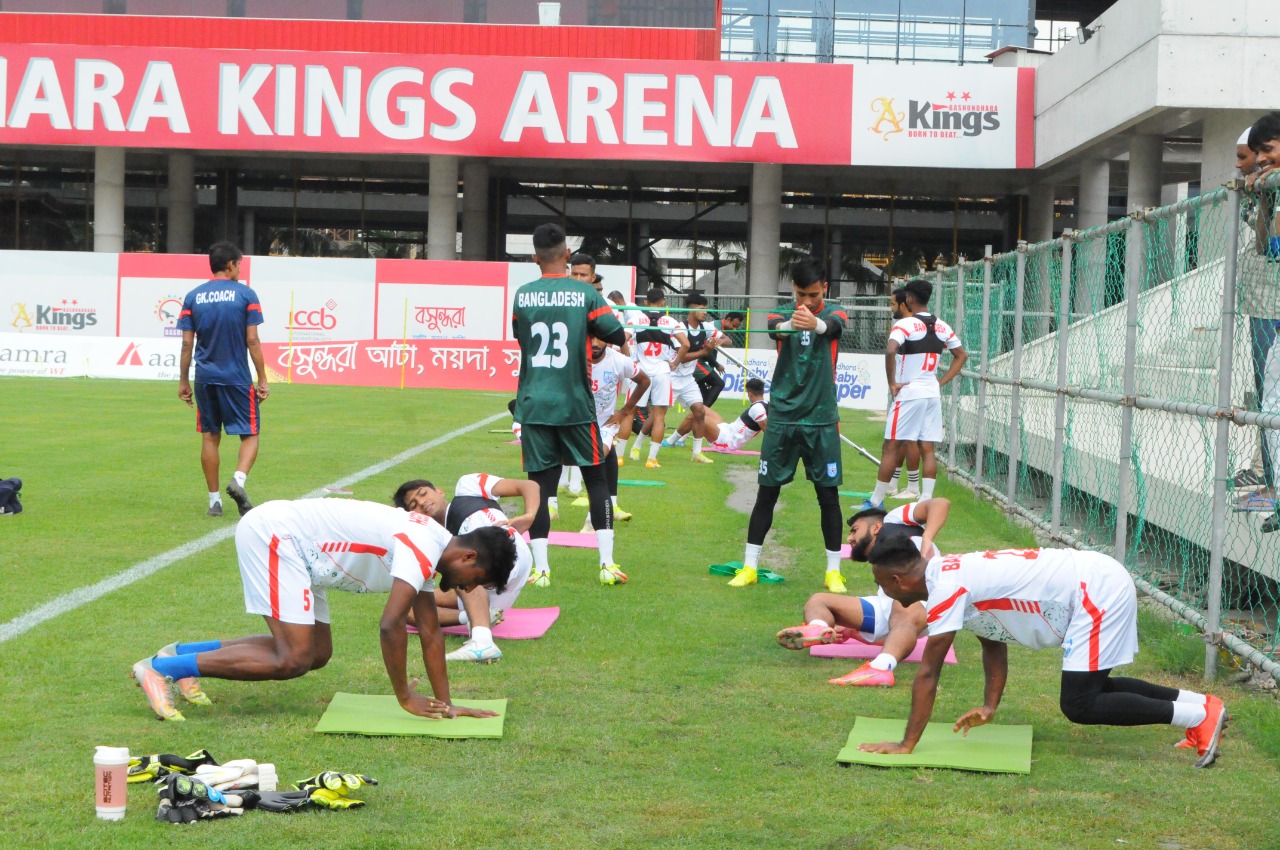
One of the main reasons Bangladesh lags behind in football is the lack of proper training facilities and infrastructure.
Football clubs, stadiums, and youth academies are not as widespread or well-developed as they should be.
Without the right places to train, young footballers cannot improve their skills and grow into top players.
Moreover, football doesn’t get enough financial support in Bangladesh.
Cricket, the most popular sport in the country, gets most of the money and sponsorships, while football gets left behind.
Without enough funding, there’s not enough money to build good training centers, hire expert coaches, or run programs to develop young players.
The Absence of a Football Culture and Grassroots Development
Another problem is that Bangladesh doesn’t have a strong football culture.
In countries like Brazil, football is a way of life. Children grow up playing football, and there are many football academies and youth programs that help players improve from a young age.
In Bangladesh, football is still not as common for children to take up seriously.
While people enjoy watching the game, especially during big events like the World Cup, football is not deeply rooted in everyday life.
The country lacks enough football academies and youth programs that could help find and train talented young players.
This means that many potential football stars are not discovered or given the right training.
Corruption and Poor Governance in the BFF
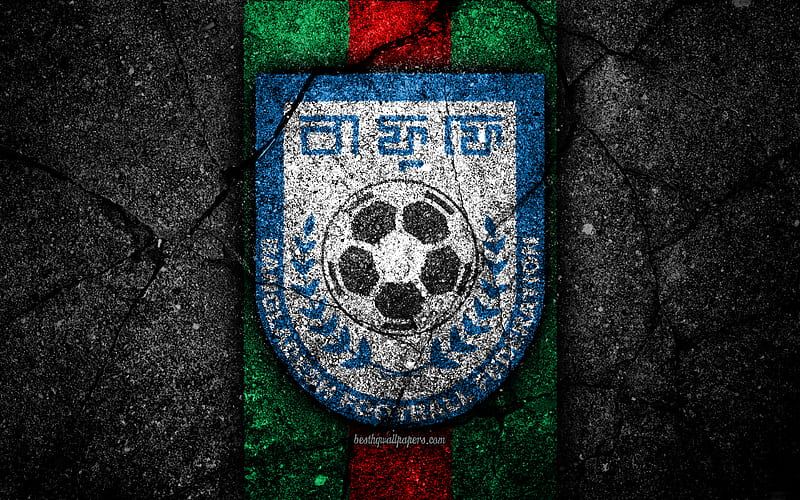
The Bangladesh Football Federation (BFF), which is supposed to manage football in the country, has also faced criticism for poor leadership and mismanagement.
There have been problems with corruption and a lack of planning, which has hurt the development of football in the country.
Without good governance, the BFF cannot organize effective programs to help players improve or build a strong football system.
The BFF needs to do a better job of planning and managing the sport.
The Federation should focus on building more football academies, organizing youth programs, and supporting local football clubs so that the sport can grow.
The current situation has made it difficult for players to reach their full potential and for the national team to improve.
Cricket’s Dominance and Football’s Decline
Football in Bangladesh used to be more popular, especially in the early years after the country gained independence.
The local football league had a lot of fan support, and matches between teams like Abahani and Mohammedan were hugely exciting.
However, over the years, cricket has taken over as the main sport in Bangladesh. The national cricket team has had success on the international stage, especially after Bangladesh won the ICC Champions Trophy, which made cricket even more popular.
As cricket gained more attention, football started to lose its place in the hearts of the people. Fewer young people are choosing football over cricket, and this has led to a lack of new talent coming through the system.
As a result, the national football team has struggled to find good players who can compete at the highest level.
Weak Domestic League and Limited International Exposure
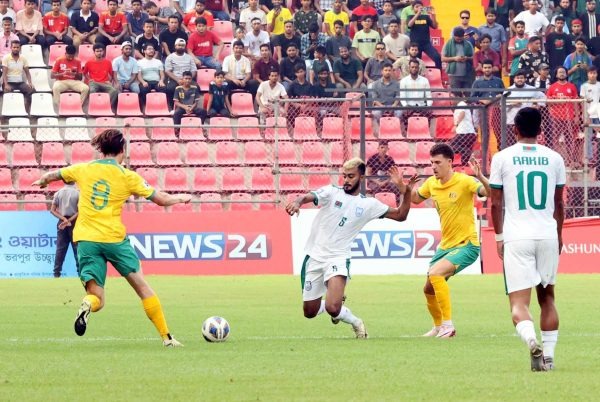
The domestic football league in Bangladesh, once a source of pride, has also seen a decline in interest. Corruption, politics, and poor management have hurt the league, and many people no longer trust it to provide exciting football.
Without a strong league, there are fewer opportunities for young players to develop their skills in a competitive environment.
On top of that, the Bangladesh national team doesn’t get enough international experience.
Competing against stronger teams from other countries is essential for improvement, but Bangladesh has limited opportunities to play against top-level opposition.
Without these chances, players cannot improve, and the team struggles to compete in international tournaments.
The Path Forward: A Call for Reform
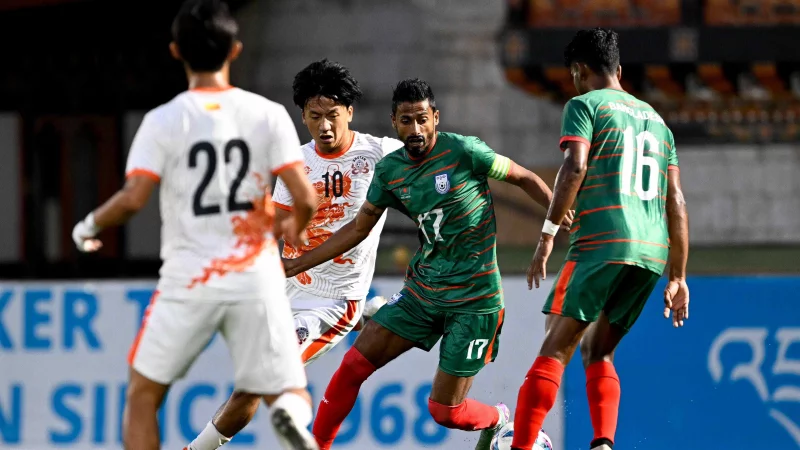
To fix these problems, Bangladesh needs a complete renovation of its football system.
First, the country needs to invest more money in football.
This means building more football academies, improving training facilities, and providing better coaching for young players.
The government, the private sector, and the Bangladesh Football Federation need to work together to make football a more viable career path for young people.
Additionally, Bangladesh must create a stronger football culture.
Football needs to become a more popular choice for children, and families should be encouraged to support their children’s football dreams.
More grassroots programs and youth competitions would help young players get noticed and trained.
The Bangladesh Football Federation must also focus on better management and organization.
The BFF needs to be transparent and efficient in its operations so that football development can move forward.
It should create better systems to scout and develop players, and work to improve the domestic league to make it more competitive.
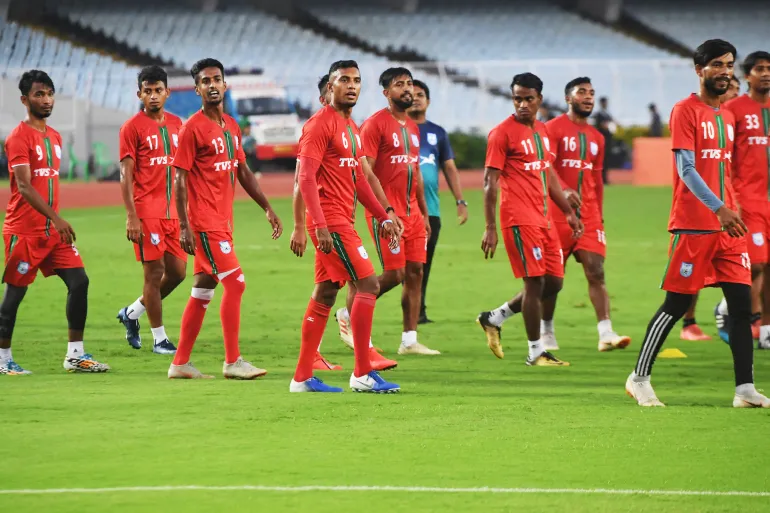
Bangladesh’s struggles in football are not because of a lack of talent or passion.
The country has many football fans, and there are still talented players who could rise to the top.
The main problems are a lack of infrastructure, poor investment, weak governance, and the dominance of cricket.
To build a strong national football team, Bangladesh needs to focus on grassroots development, create more football academies, and provide better opportunities for young players.
If the country can invest in football and build a strong foundation, it could eventually see improvements in its football performance.
However, this will require time, money, and a clear commitment to making football a top priority in the country.

-20241127112230.jpg)
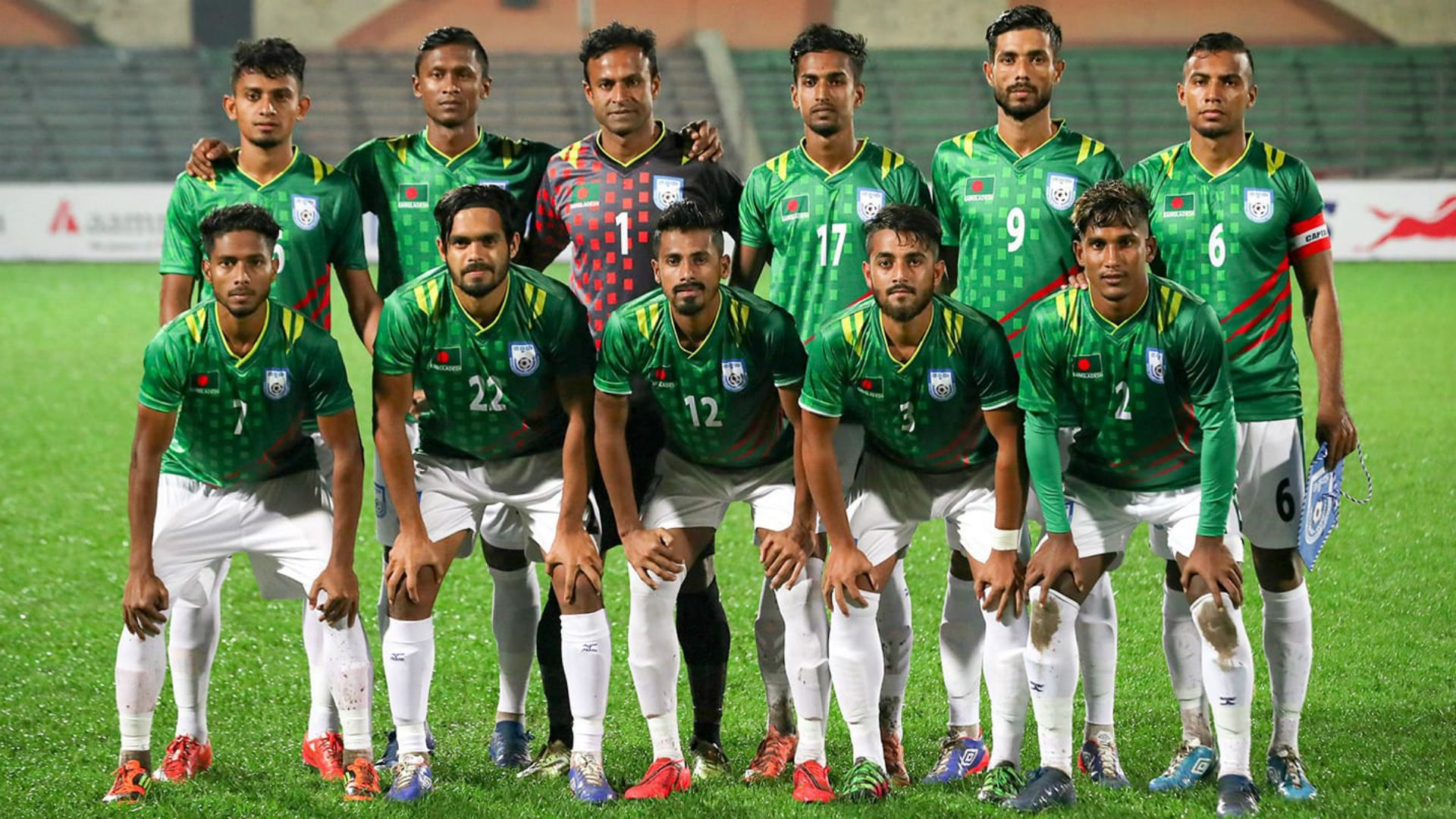

-20260225072312.webp)

-20260224075258.webp)

-20260217073221.webp)
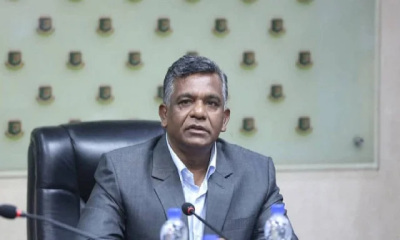




-20260226080139.webp)
















-20260219054530.webp)





-20260221022827.webp)